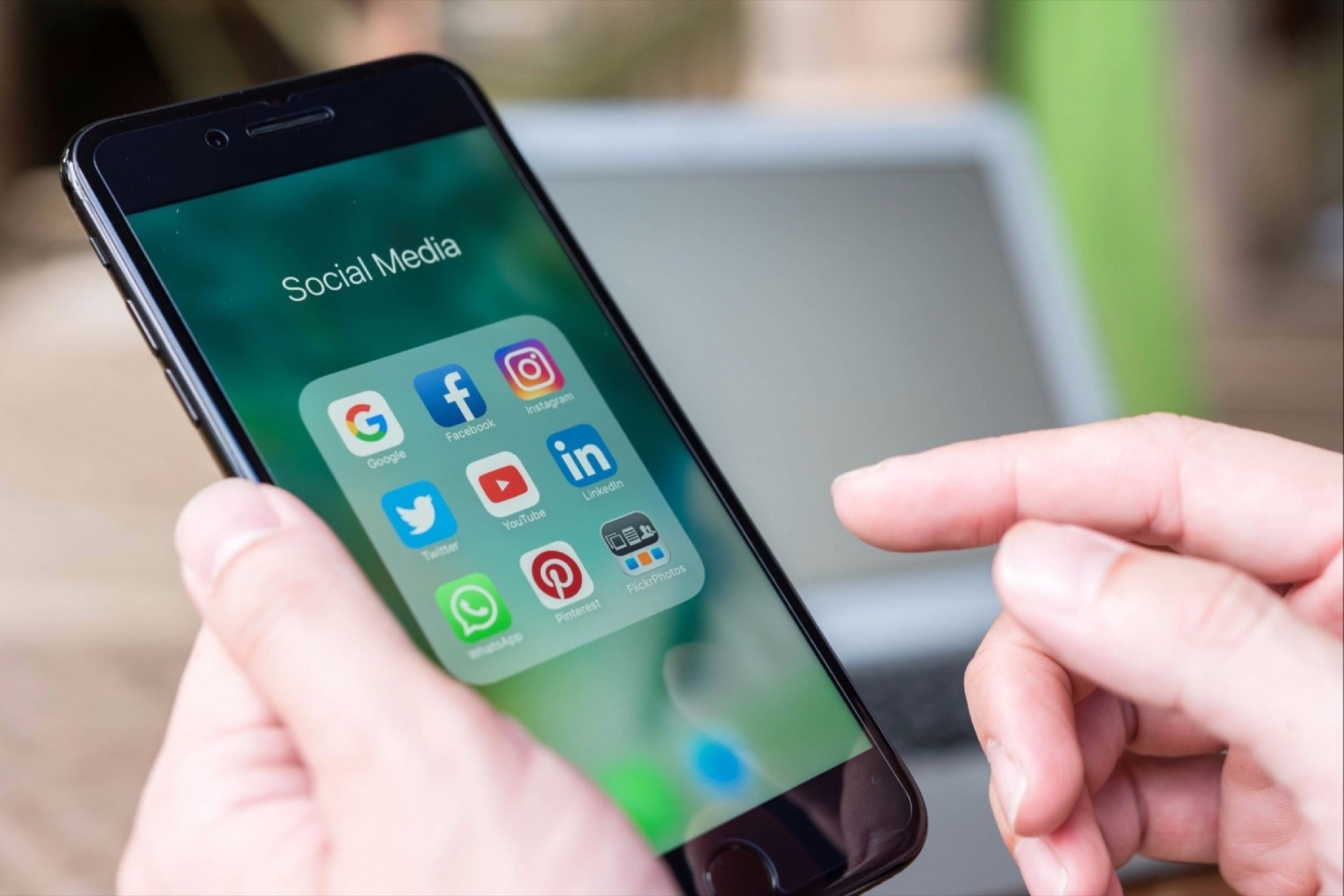Don't Chase The Platform, Chase The ROI Just because companies are flocking to the newest platform doesn't mean it's the right platform for you.
By Hafiz Muhammad Ali •
Opinions expressed by Entrepreneur contributors are their own.
You're reading Entrepreneur Middle East, an international franchise of Entrepreneur Media.

About once a year, a new marketing craze emerges. Facebook was the beast for a while until they changed their algorithm and killed page reach. In its early years, Twitter was hot, until people realized that their user base was significantly sagging. Snapchat was huge, then when Instagram copied all their best features, Instagram became the marketing platform of choice for many companies. Pokemon Go was a flash in the pan when businesses realized that they could attract actual foot traffic using the geolocation elements of the game.
Whenever a new marketing craze arrives on the scene, you are immediately tempted to jump on board. You hear stories of companies making a huge impact through various platforms and begin to seriously suffer from fear of missing out. But here's the problem: platform doesn't equal ROI. Just because companies are flocking to the newest platform doesn't mean it's the right platform for you. In fact, the newest platform might actually be detrimental to your company and cost more time and money than the revenue it generates.
So, how can you determine where you should focus your efforts? How can you calculate the best ROI? Here are a few simple methods.
Evaluate marketing platforms
Before diving into any particular platform, you should spend some time evaluating the platform itself. The more time you take to understand it beforehand, the lower the chance of you wasting money and time trying to make it work.
Does this platform have a track record of a high ROI?
These days, PPC advertising isn't flashy. It's been around for years, and while it has certainly evolved, it hasn't fundamentally changed. Someone clicks on your ad, and you pay a particular amount for that click. Even though it's not flashy, PPC advertising has a long track record of generating a positive ROI, especially if you can calculate your conversion costs, customer acquisition cost, etc.
Jayson DeMers notes the following about email marketing, a tried and true platform:
"Email marketing has been described as the highest-ROI online marketing strategy, when implemented properly, with 67% of businesses listing it as their highest earner. Part of this is the low cost of creating a list and sending out emails; it won't cost you much in the way of time or money."
Many times, you're better off investing in PPC rather than spending dollars and hours on a new platform.
Will the platform connect you with the right people?
It's easy to forget that each platform appeals to a particular audience of people. Pinterest is primarily used by women. Snapchat is a millennial platform, while Facebook is used by almost everyone. Don't hop on a platform if your primary audience doesn't spend time there.
Will the Platform help you achieve your marketing objectives?
Not all platforms are created equal. Some will be much more effective at helping you achieve your marketing goals. For example, if your primary goal is to increase the size of your email list, Snapchat probably isn't the best social media platform for you. You'd probably be better creating lead magnets and then pushing them through PPC advertising. If you're hoping to drive traffic to your site, you may find yourself struggling if you rely heavily on Instagram, which isn't particularly friendly toward links. Spend time evaluating the mechanics of how a particular platform works before you invest significant time and money in it. Does it easily fit in with your marketing objectives? If not, skip it.
Will your efforts be sabotaged in the future?
Many companies who invested thousands of dollars and hours in building their Facebook presence have found their efforts almost totally wasted thanks to Facebook's constantly changing algorithm. More and more, Facebook is killing page reach because they want businesses to pay for traffic. The potential for this exists on almost any social media platform, and should be carefully considered before going all in.
On the flip side, traffic acquisition methods like SEO have remained relatively stable over the last decade. Yes, certain methods have changed, but many have remained the same. Companies that invested heavily in SEO in the early years are still seeing significant benefits now.
How can you determine the long-term viability of your efforts?
Figure out what the overall goal of the platform is. Facebook wants to keep people on their site as long as possible. To do this, they're only going to show users what's relevant to them, and posts from business pages often aren't considered relevant. Hence, they killed page reach. Google, on the other hand, wants to give people exactly what they're looking for. If you can craft the content on your site in such a way that people value it, Google will keep giving it to people.
Do your due diligence
Ultimately, your bottom line is what matters most. Exposure, impressions, likes, and clicks can be important, but not if they don't add to your bottom line. Platforms come and go. MySpace and Friendster are prime examples of that. If your throw all your efforts into a platform before doing your due diligence, you could end up wasting a lot of time and money. Always follow the ROI, not the platform.
Related: The Impact Of Social Media On Sales












